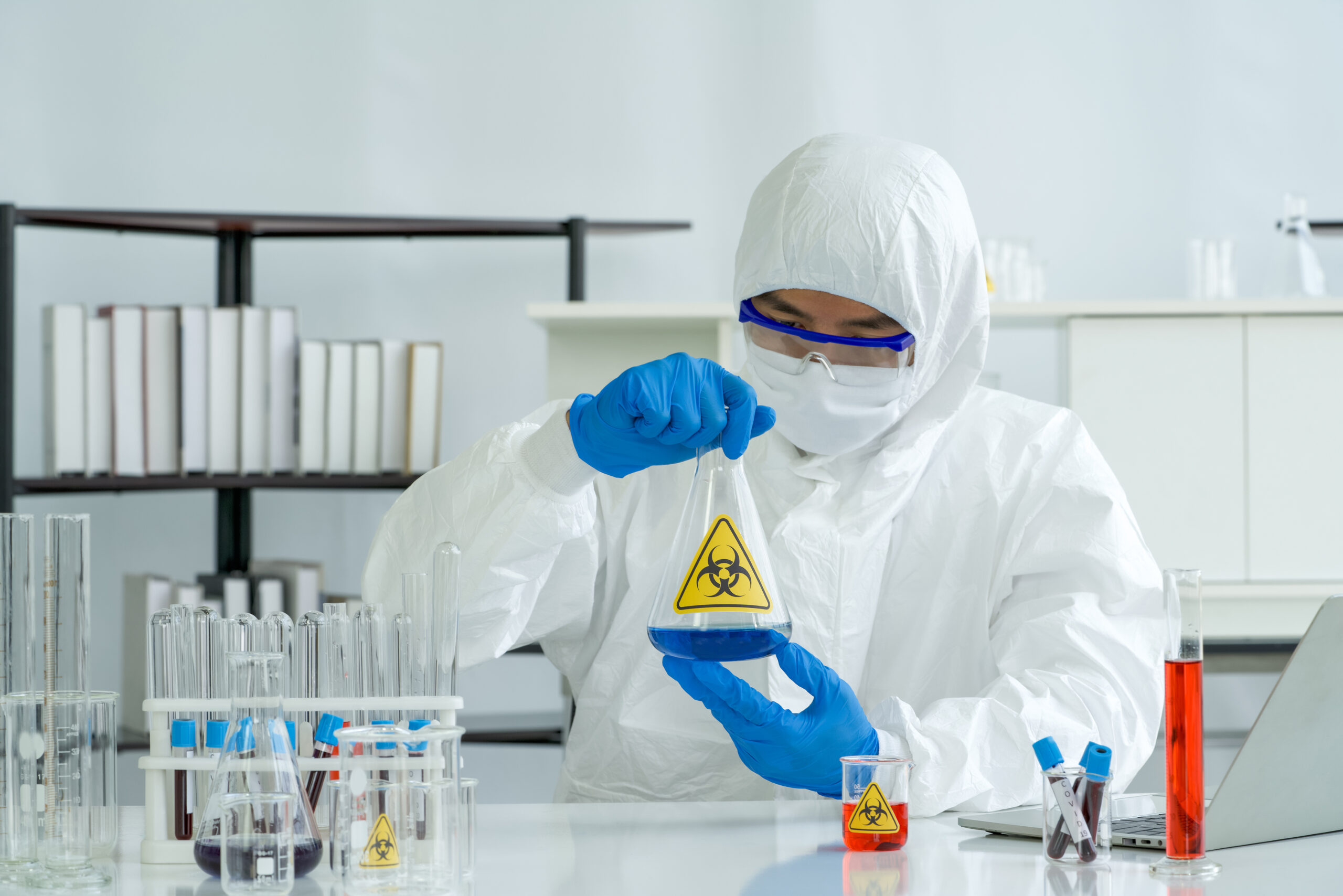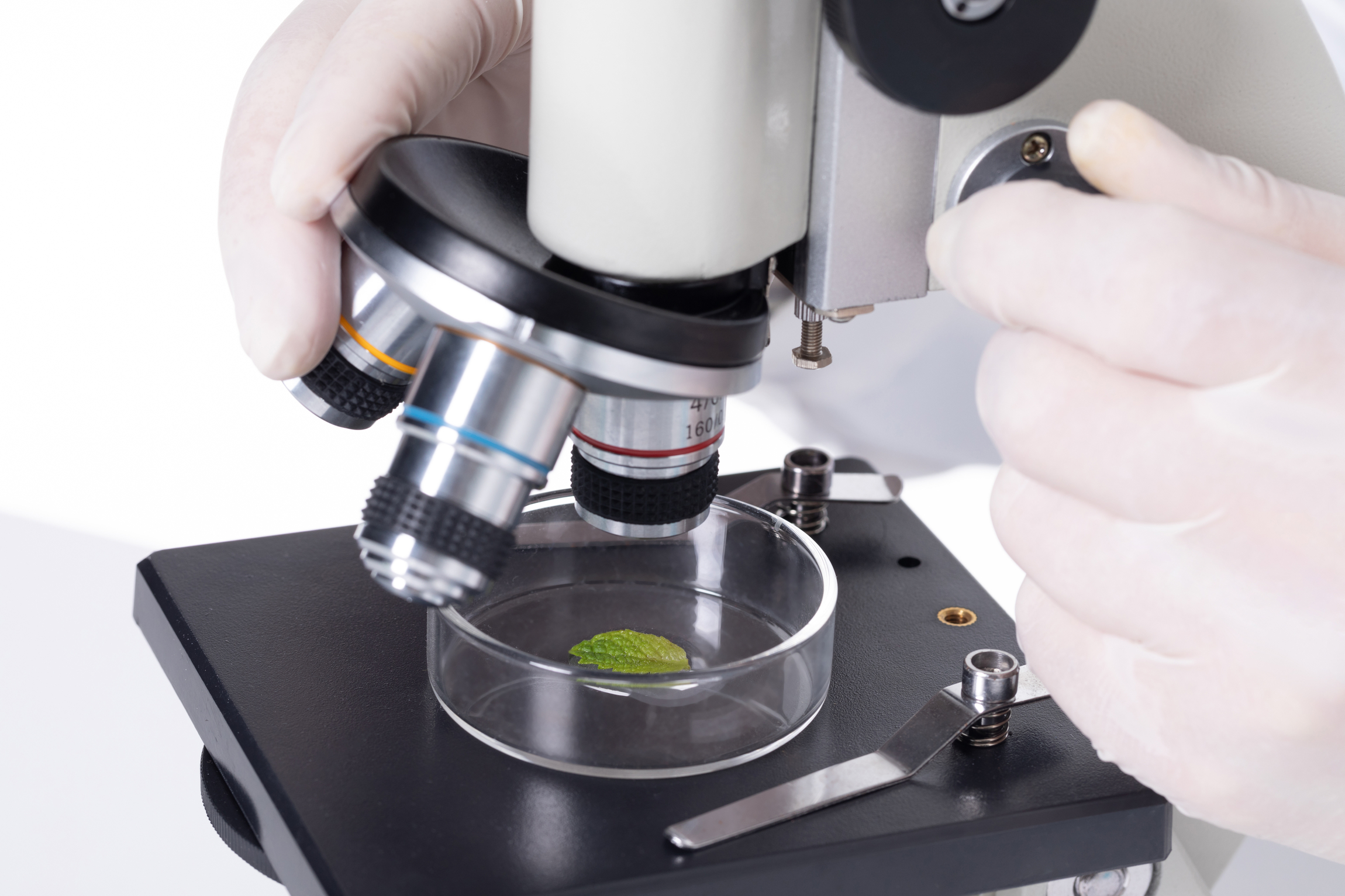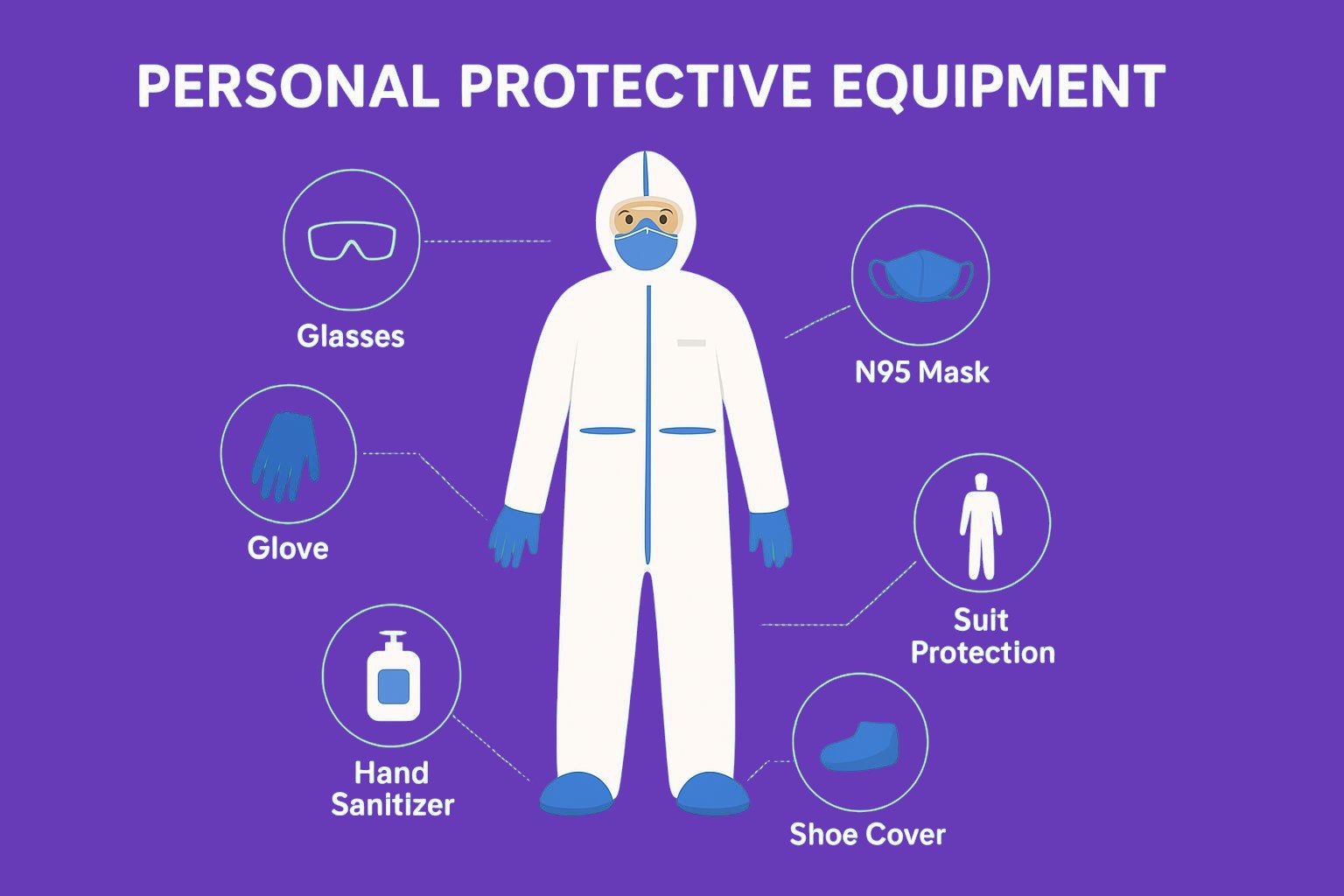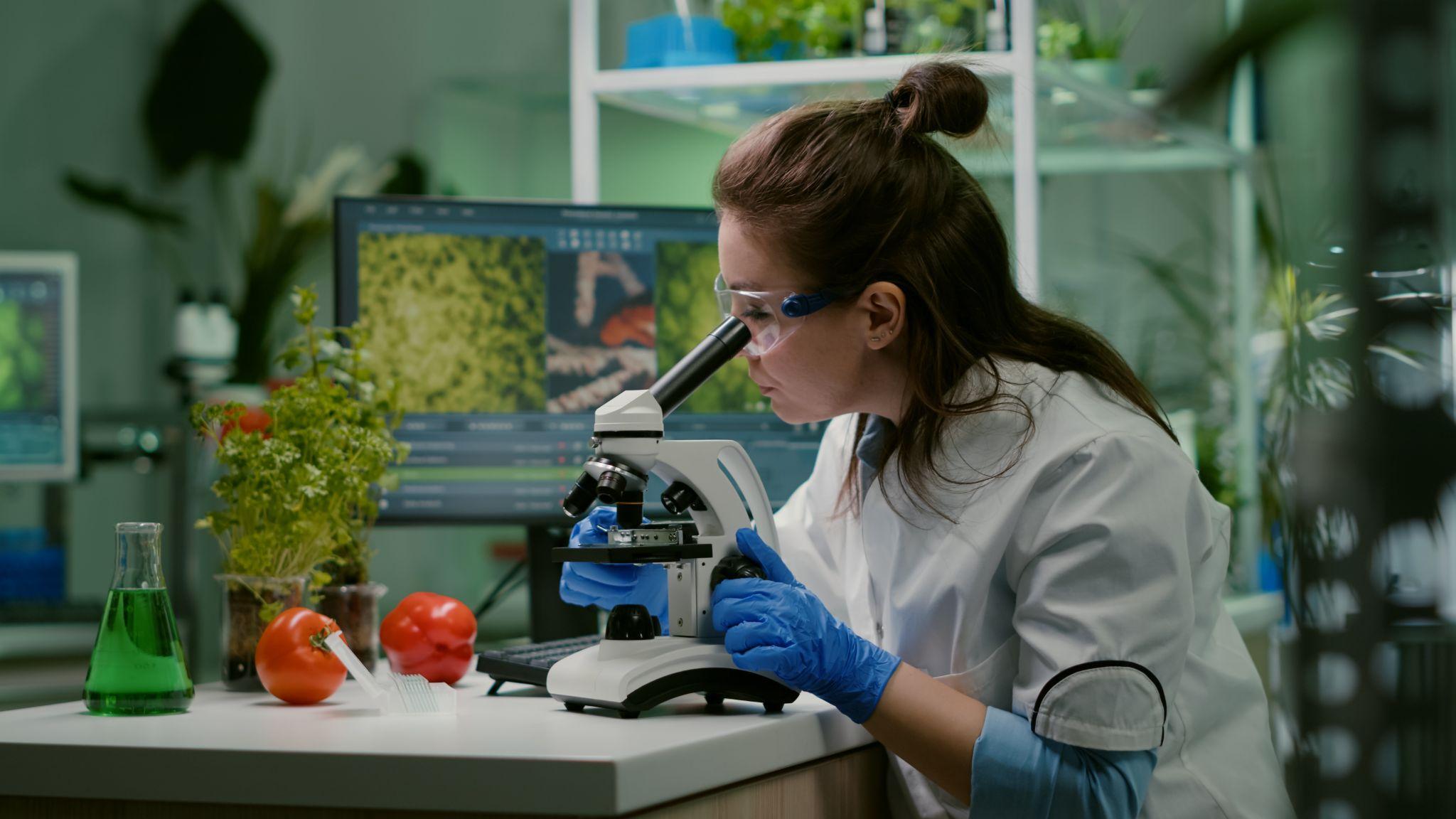Why Water Quality Testing Is Essential: A Comprehensive Guide
Posted: May 31, 2025
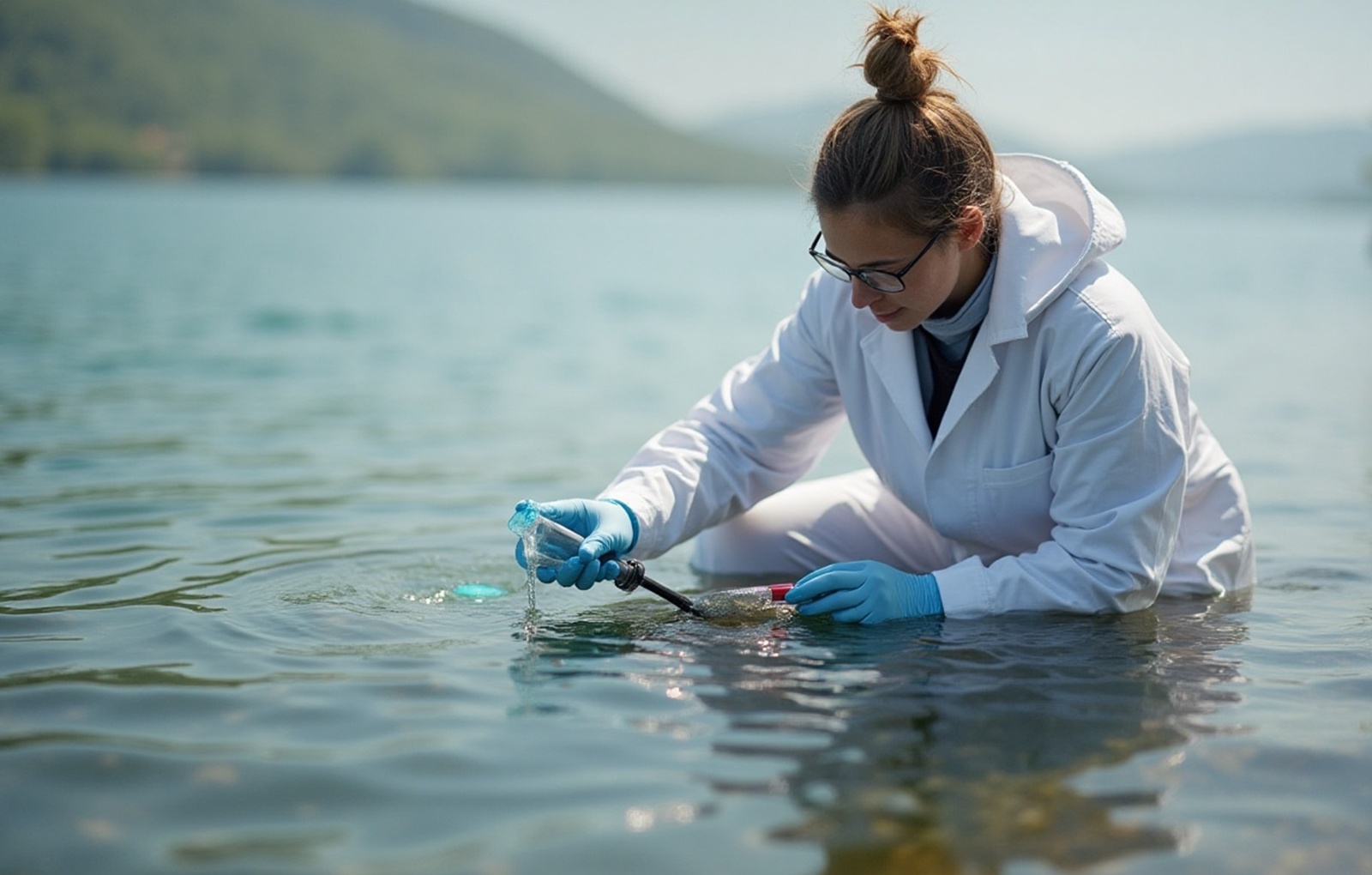
Water is the foundation of health and sustainability, especially in the UAE, where climatic conditions and high water consumption demand constant monitoring of water quality. With widespread reliance on desalinated, tanker, and borewell sources, it becomes crucial to understand water quality before use. Water quality testing plays a proactive role in identifying harmful chemical components, biological contaminants, or physical impurities that may compromise health, disrupt daily operations, or damage infrastructure. As a result through accurate testing, individuals and businesses across the UAE can ensure compliance with health regulations, maintain operational efficiency, and contribute to broader sustainability efforts.
Sources of Water That Need Regular Testing
Drinking Water in Residential Settings
In UAE homes, water used for drinking, cooking, and personal hygiene often comes from desalinated or tanker sources. However, despite initial treatment, factors like aged plumbing, poorly maintained storage tanks, or sediment buildup can compromise its safety. In particular, older residential towers in cities like Dubai and Sharjah are more susceptible to such issues. Thus, regular testing helps detect unwanted elements like chlorine imbalance, metals such as lead, or the presence of harmful bacteria .
Water in Swimming Pools and Cooling Systems
With year-round sunshine, swimming pools and HVAC cooling systems are widespread across the UAE—in hotels, residential complexes, and commercial towers. However, these water bodies require continuous oversight due to high temperatures and environmental exposure. Without proper maintenance, they can become a breeding ground for bacteria such as Legionella, particularly when disinfectant levels fluctuate.
Therefore, water testing ensures the water remains balanced and hygienic by monitoring pH, chlorine, and microbial growth. Consequently, regular assessment not only protects users from infections but also safeguards facility infrastructure from scale, corrosion, and biofilm-related damage.
Borewell, Tanker, and Industrial Use Water
In industrial zones and remote communities, borewell and tanker supplied water play essential roles, from manufacturing to construction and cooling operations. Nevertheless, these sources are more vulnerable to variations in mineral content, salinity, and microbial contamination. Water drawn from underground aquifers or delivered by tanker may carry excess dissolved solids or trace heavy metals, especially without consistent filtration. A reliable test supported by the right laboratory equipment provides the insights needed to adjust treatment systems and uphold safety standards.
What Is Measured in a Water Quality Test?
Physical Indicators: Turbidity, Odor, and Color
Visual and sensory evaluations are the initial checkpoints in any effective water quality test. High turbidity signals the presence of suspended solids, while changes in color or unpleasant odors can indicate contamination from algae, rust, or chemical discharge. These physical indicators serve as early warnings that the water may be compromised. In fact, in many parts of the UAE where borewell sources are commonly used, monitoring these traits helps determine the need for further treatment or filtration to ensure usability and safety.
Chemical Components: pH, Chlorine, TDS, and Metals
Chemical components play a vital role in determining water’s usability, taste, and impact on infrastructure. Standard testing assesses parameters such as pH balance, chlorine levels, Total Dissolved Solids (TDS), and the presence of metals like lead, mercury, and iron. Elevated or imbalanced values may lead to corrosion in pipes, staining of fixtures, and long-term toxicity risks. Hence, conducting precise chemical analysis across UAE environments ensures that water adheres to strict health regulations, including GCC and WHO guidelines, promoting safety in both residential and industrial applications.
Biological Contaminants: Bacteria, Viruses, and Parasites
Identifying biological contaminants is critical for safeguarding health and hygiene. Microbial testing examines water for harmful organisms like E. coli, coliforms, viruses, and parasites such as Giardia. These pathogens, though invisible, can cause serious issues including gastrointestinal infections and skin irritation. In the UAE, regular biological screening is especially important in healthcare facilities, schools, and hospitality establishments where the risk of exposure must be minimized. Using the right water treatment equipment and chemicals ensures accurate detection and supports the efficient operation of water systems across the UAE
How Water Testing Works in a Laboratory in UAE
From Sample Collection to Lab Analysis
Water testing starts with the collection of samples in clean, sterilized containers. Once delivered to a certified water testing lab, professionals examine the samples using advanced methods. These include spectrophotometry to analyze chemical properties, chromatography for detecting trace contaminants, and microbial culture to identify harmful organisms. The Common equipment used includes digital pH meters, turbidity meters, conductivity meters, and incubators that support microbial analysis.
Understanding the Lab Report and Test Results
The final lab report outlines each tested parameter, such as pH, chlorine, TDS, turbidity, and microbial presence. It indicates whether the water is within safe limits or requires treatment . Reports are formatted in a clear, easy-to-read layout to help homeowners and business owners understand what action is needed. Based on the findings, users can decide on treatment solutions.
Timeframes and Accuracy of Laboratory Testing
Most certified labs in the UAE deliver standard test results within three to five working days. Some offer expedited testing with results available in twenty four hours. Accurate results depend on trained technicians, clean sampling, and precise instruments. Quality control is maintained using calibrated devices such as atomic absorption spectrometers and colony counters. Reliable water testing combined with proper equipment ensures that water remains safe, clean, and compliant with UAE health and safety standards.
Commonly Conducted in a Water Quality Test
| Parameter | Why It Matters | Equipment Used |
| pH | Indicates acidity or alkalinity | Digital pH meter |
| TDS (Total Dissolved Solids) | Influences taste and appliance health | TDS meter or conductivity meter |
| Chlorine Residual | Ensures disinfectant presence | Chlorine colorimeter or DPD test kit |
| Turbidity | Measures water clarity | Turbidity meter |
| Odor and Color | Indicates organic or chemical contamination | Visual and sensory inspection tools |
| E. coli / Coliforms | Identifies fecal contamination risks | Incubator and culture media kits |
| Hardness (Calcium, Magnesium) | Triggers scaling or pipe wear | Hardness test kit or titration setup |
| Lead, Iron, Arsenic | Detects heavy metals that can be toxic | Atomic absorption spectrometer |
| Nitrates, Sulfates | Affect health and are common in borewell use | UV spectrophotometer or ion chromatograph |
Choosing a Trusted Laboratory in UAE
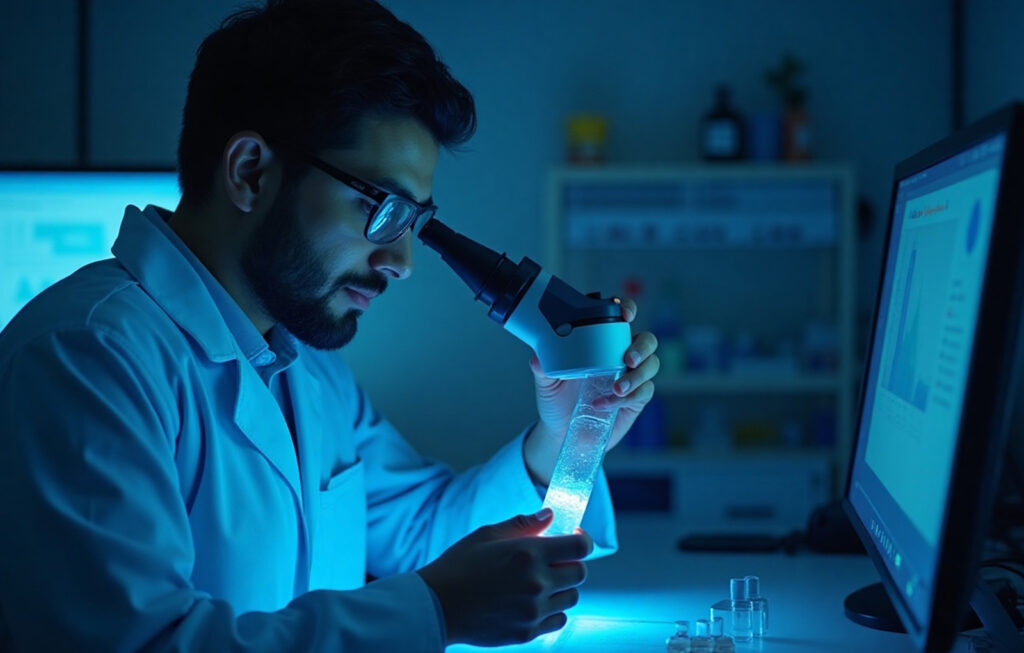
What Makes a Water Testing Lab Reliable
A reliable water testing lab in the UAE should hold ISO certification. This ensures accuracy and compliance with international standards. Additionally, the lab should use modern tools like pH meters, turbidity meters, and spectrophotometers. These devices help detect chemical components and biological contaminants with precision. As a result , labs that follow UAE regulations are more likely to provide results that guide the correct use of water treatment equipment and chemicals.
Advantages of Local Laboratory Testing Services
Labs in the UAE understand regional issues like high salinity and bacterial risks in older pipelines. In addition, they offer quicker results and better customer support. This is especially helpful when urgent testing or corrective action is needed. UAE based labs can recommend the right water treatment equipment and chemicals. These solutions are often tailored to the exact problems found during testing.
Practical Benefits of Routine Water Testing
Protecting Your Family’s Health
Drinking contaminated water can cause gastrointestinal issues, skin infections, or long-term exposure to carcinogenic chemicals. Fortunately, regular routine water testing eliminates guesswork and confirms whether your household water meets health standards.
Preventing Plumbing and Appliance Damage
Undetected chemical components like high hardness or acidity slowly corrode water heaters, pipes, and dishwashers. Therefore, testing helps identify the need for softeners, filters, or treatment upgrades before costly breakdowns occur.
Supporting Sustainable Water Use at Home or Work
In an era of water conservation, testing ensures that water used for gardening, cleaning, or industrial processes is treated only as much as necessary. Consequently, this reduces chemical use, operational costs, and environmental impact aligning with the UAE’s broader sustainability goals.
Conclusion
Water may appear clean to the eye, but only a detailed water quality test can reveal the truth about its safety. With UAE’s diverse water sources and rising awareness about health and sustainability, routine water testing is no longer optional, it’s essential. Whether you’re a homeowner, facility manager, or business owner, knowing what’s in your water empowers you to act smartly and responsibly.
Schedule certified water quality equipment with Hydra UAE to ensure your water meets the highest UAE standards.
